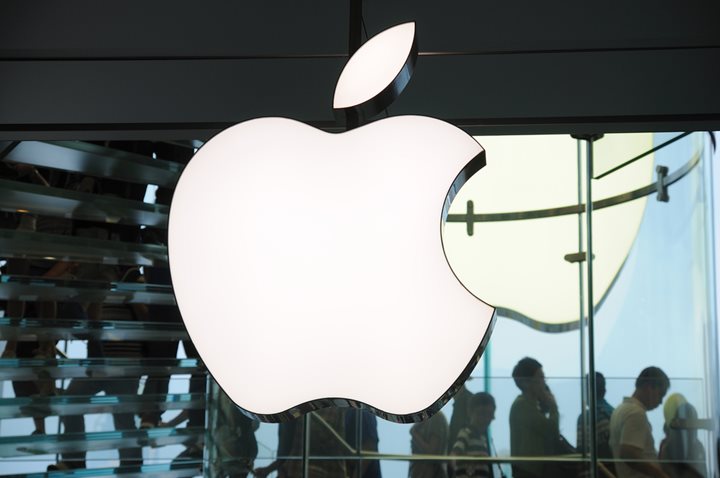Imagination Technologies (NASDAQOTH:$IGNMF), the longstanding supplier of the custom-designed A-series processors used in many Apple (NASDAQ:$AAPL) products, announced in April to its investors that Apple is no longer going to be using its processors.
The news sent Imagination’s stock spiraling down as about half of its revenue is generated from its partnership with Apple — with a little more than half being from its PowerVR graphics revenue. The company has also put itself up for sale as a result.
While the announcement may be old news, it was recently reported that Apple had informed Imagination of its plans to pull away from the company a lot earlier than April 2017, when Imagination made the announcement to its investors.
According to Bloomberg from a statement sent from Apple, the tech giant informed Imagination that it will no longer be purchasing its latest products in late 2015. Then, in 2016, Apple reportedly told Imagination that they will be paying a lower royalty rate due to a decrease in the use of Imagination’s products. By February of 2017, Apple informed Imagination that the company will no longer be making royalty payments by 2018, and that it will be finally ending its relationship with the chip-supplier.
“We valued our past relationship [with Imagination] and wanted to give them as much notice as possible to adapt their future plans,” Apple stated to Bloomberg, addressing the reason why the company informed Imagination so early of its plans to stop its purchases from Imagination.
Why Imagination didn’t announce it earlier
A large number of investors believe that the reason why Imagination didn’t disclose Apple’s plans earlier was because the company questioned Apple’s decision, calling it unsubstantiated. Even now, Imagination has said it doesn’t accept Apple’s plans.
While Imagination has every right to reject Apple’s decision to no longer purchase the company’s products, it was a bad move on the company’s part to not give its investors some form of warning, as Apple plays a large part in Imagination’s revenues.
What investors could learn from this
The current situation with Imagination should stand as a lesson to investors: companies who gain a lot of its revenue and profit from a small number of customers are risky investments. Not only does the company’s finance depend largely on the finance of these customers, the customers can also decide to switch suppliers.
Here, Apple has decided to become its own graphics technology supplier, thus ending its partnership with Imagination. Because Imagination’s business is so dependent on Apple, it is now very possible that Apple’s termination of their partnership will lead to the end of the company — as illustrated by Imagination’s decision to put itself up for sale.
Featured Image: Depositphotos/© bedobedo










